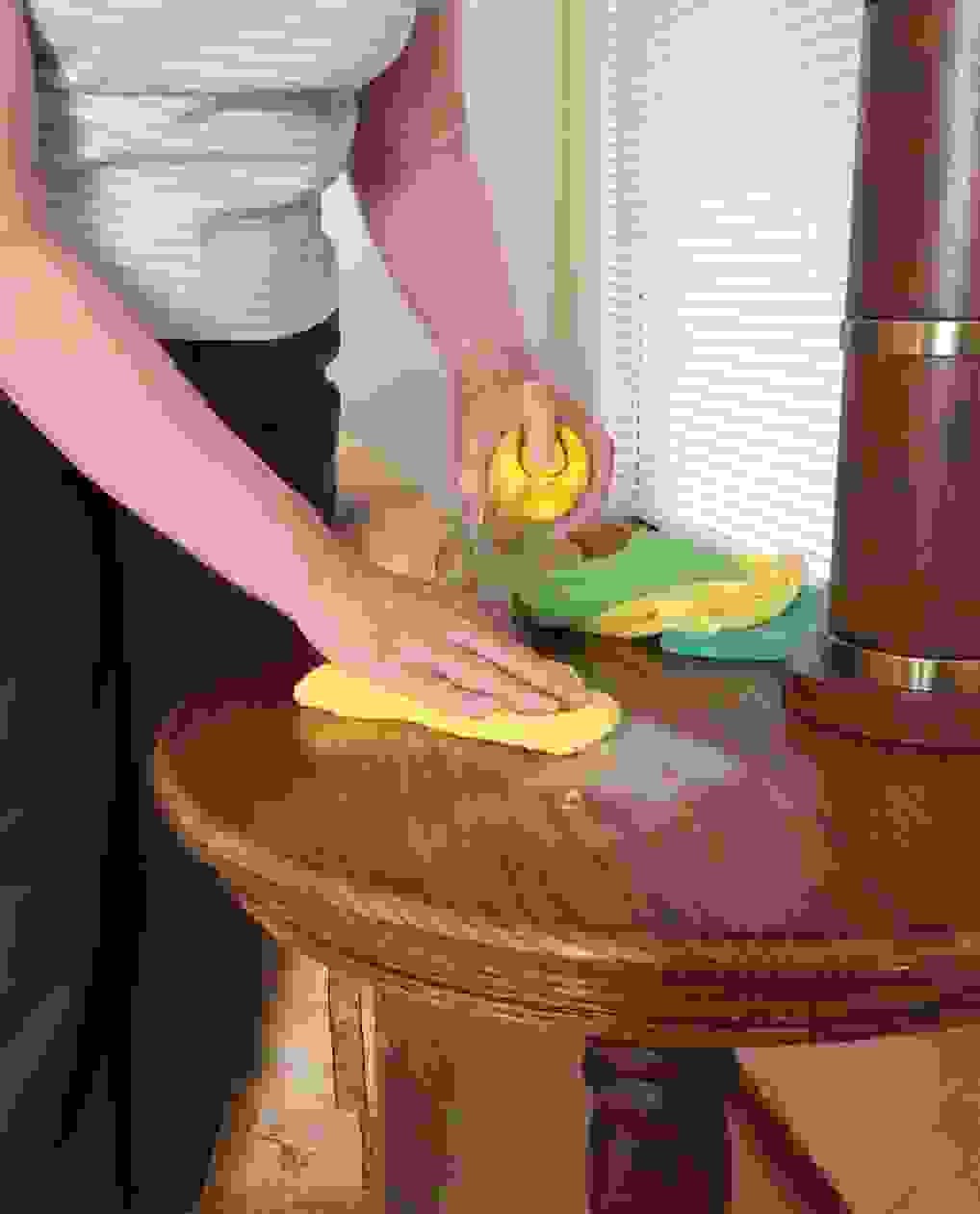Pennsylvania
termites are attracted to warm temperatures and damp conditions, making the months between March and June prime termite season. Because Pennsylvania is located in TIP #2, termites pose a significant risk to buildings.Homeowners in Pennsylvania need to be aware of the different species of termites native to the state, how to identify when termites have invaded your property, and what to do if your home has termites.
Ignoring the risk of termites is unwise; you might think your home is immune to the risk termites pose, but this negligence could cost you thousands of dollars in repairs. That’s why car and home insurance
super app Jerry
has compiled everything you need to know about termites in Pennsylvania. How to tell if you have a termite infestation
Termites pose a particularly scary risk because they can go undetected for so long. These hidden workers can eat away at the wooden structural beams, foundation, and supports in your house, hollowing them out before you know it.
Catching signs early is the best way to prevent severe structural damage to your house. There are a few telltale signs of a termite infestation to look out for:
Discarded bodies: Pennslyvania is prone to battling ants, but these usually don’t pose a problem to houses (ants, after all, prefer food over wood). The problem is that ants and termites can look similar. An ant will have a tiny waist, like a wasp, whereas a termite will have a wide, tubular waist about the same size as the rest of its body.
Termite tubes: This is the #1 way to identify termites in your house. Subterranean termites, native to Pennsylvania, often go for wood that is next to concrete or the earth, so you can find earth-coated entrances into the wood in your basement or cellar.
You can also look out for peeling or bubbling paint, swollen walls or floors, and tiny round holes in drywall. Pay special attention to wood near the earth or concrete, especially in basements and cellars.
MORE: The 16 perils of home insurance
Are termites a problem in Pennsylvania?
Pennsylvania is located in Zone #2 of the Termite Infestation Probability Zones (TIP Zones). This means that homeowners in the state face moderate to significant damage, and the risk of a termite infestation is high.
Homeowners need to learn about the different types of termites that Pennsylvania has so that they can better protect their homes. Fortunately, there are only a few types of termites to watch out for.
Subterranean termites
These are the most common type of termites in Pennsylvania, and, unfortunately, are some of the most dangerous to your property. They’re especially hard to detect, with their easiest identifier being the mud tubes they create as entrances into the wood they tunnel through.
These termites like warm days after rain, making spring months the peak of their activity. Homeowners should look out for them between March and June during daylight hours.
Though spring creates the ideal environment for a termite infestation, these termites also seek out warmth during the winter months, meaning areas near furnaces or chimneys during the winter could pose a (smaller) threat.
Drywood termites
Drywood termites are not native to Pennsylvania. That said, they are known for hiding in wood transported between locations, such as wooden furniture or wine crates.
Because this type of termite prefers dry areas, pay attention to wood in your attic.
MORE: Home insurance terms you need to know
What to do if you have termites
If you notice signs of a termite infestation in your house, seak out several professional opinions. Each exterminator will use different methods to rid your property of termites and will quote you different prices.
That said, there are three common methods to exterminate termites:
Baits: Food sources, such as wooden stakes or cardboard, are set up as baits for termites. Insecticide can either be included at the time of placement or after termites have established the baits as a safe food source. This is best used in conjunction with another method.
Chemical: An exterminator will spray termiticide in the soil around your house, effectively creating a barrier between your property and entrance points for termites. Best used in conjunction with structural treatments.
Structural: This method rids the house of as much temptation for termites as possible, meaning wood features are replaced with non-cellulose-based materials, proper drainage is established, and fill all cracks in the walls and foundation.
While some of these methods you might attempt on your own, it’s better to leave extermination to the professionals. They have access and knowledge to chemical mixtures best suited to your property and know-how to apply them safely.
How to save money on homeowners insurance
Homeowners insurance
is meant to protect us against unexpected and unpreventable damages, which means that most policies won’t cover termite damage. The best way to protect yourself against termite damage, then, is to identify an infestation as quickly as possible.But homeowners insurance can help cover other damages, which means that choosing the right policy is just as important as looking out for tiny mud tubes to identify termites. If you’re feeling swamped by home insurance choices, leave the hard work to Jerry
. Jerry sorts through personalized quotes from the nation’s top providers and delivers the best deals straight to you in minutes for free. Jerry can even help you find extra savings by bundling your home and auto policies
. “Jerry’s
made shopping for car insurance the easiest experience I’ve ever had! They give you multiple quotes, and they were by far the cheapest rates I have seen! The customer service is five stars; they got me all the paperwork I needed to go to the registry and made sure that I had everything I needed! Try the Jerry app, you will not be disappointed!" –Hayden P.
FAQs
